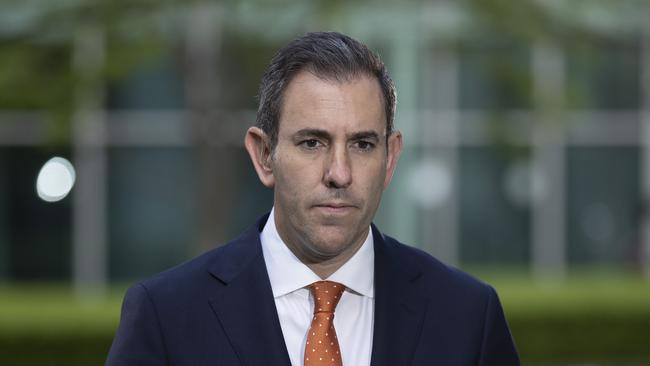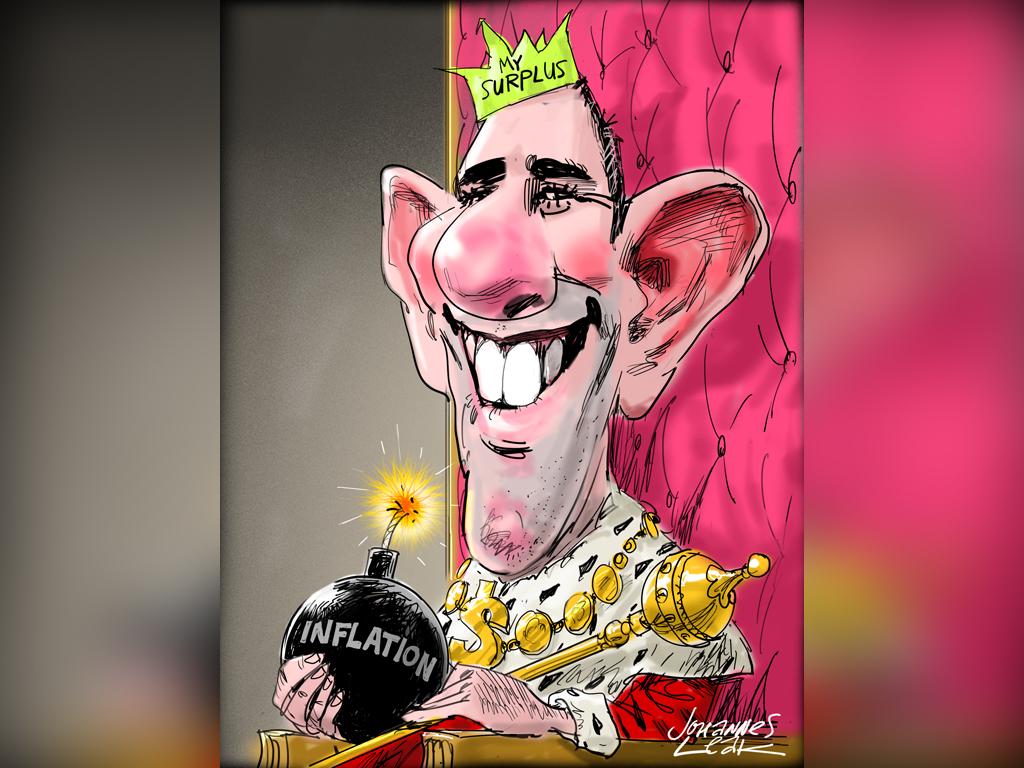
Apart from a few working in aged care and health, power bill help for those on lower incomes, and bulk billing assistance for children under 16, there was almost nothing. It was a sickening experience as the mortgage stress community suddenly realised that their misery had become a weapon to slash inflation and interest rates.
It was particularly galling for them to see younger people on JobSeeker gaining extra money at a time of labour shortages.
Worse still they are finding that their “earned” extra income in the ”gig” economy makes them big contributors to the massive increase in income tax collections because usually a third of their extra income goes to Canberra.
For the share market the fact that those under mortgage stress were going to suffer was good news. Shares and bonds are priced partly on the basis that those under mortgage stress will be forced to slash their spending to meet their payments which in turn will hit demand, boost unemployment, curb price rises so quickly reducing inflation and interest rates.
Treasury agrees with the market and says the CPI will fall from six per cent to 3.25 per cent 2023-24 despite a four per cent rise in wages.
As I will point out below that’s a very controversial forecast and there is real risk of error. For it be right there must be lots of labour shedding which in turn will add to the tension of those with big mortgages who rely on two incomes.
While such a downturn will hit profits of many enterprises the consequent lower interest rates will lift overall values. And the fact that dwelling prices are holding or rising means that if a couple under mortgage stress decides or is forced to sell then the banks loans are covered so bank house loan bad debts will not skyrocket. Business loans are a different matter.
Wall Street is making similar assumptions, although in the US there is nothing like our mortgage stress crisis. There are jitters in the US because employment is holding up as middle ranking companies start filling their labour shortages as the giants retrench . If this labour trend keep up US inflation may not fall to the required extent so forcing further interest rate rises.
And there is an extra US fear stemming from the Congress impasse and the weakness in the American banking system.
But in Australia there is a real danger treasury will be wrong.
The market bears point out that the sharp rise in migration, which has already stopped the house price fall, will push up demand and be combined with wages rises and massive rise in spending by those on lower incomes thanks to the massive government handouts. At the same time there is massive infrastructure investment required for decarbonisation and other infrastructure projects that are under way. Markets are assuming this stimulus will not offset the pain from those under mortgage stress.
We are moving from a goods driven inflation to a much greater services boosts to the consumer price index. In this environment treasury is expecting the cost of services to fall faster than the rise in wages. And they expect very low levels of both non mining and mining investment increases so the extra productivity comes from labour shedding including government labour shedding.
So far the US slowdown has not caused the expected fall in labour demand and there is risk Australia will have a similar experience given the government stimulus to demand.
If that happens and the 2023-24 CPI stays above four per cent instead of the Treasury forecast of 3.25 per cent then interest rates may need to be increased further or the Reserve Bank’s low inflation aim abandoned.
For share and bond investors these are high risk possibilities given that current markets assume lower inflation and interest rates. To that risk scenario must be added the international scene where treasury is forecasting a severe global slow down which will impact profits over a wide area, although the expected strength in China will help Australia.








The 1.2 million Australians under mortgage stress, including a huge number facing big interest rate rises this month, were on the edge of their seats awaiting the Chalmers budget, desperately hoping for help.